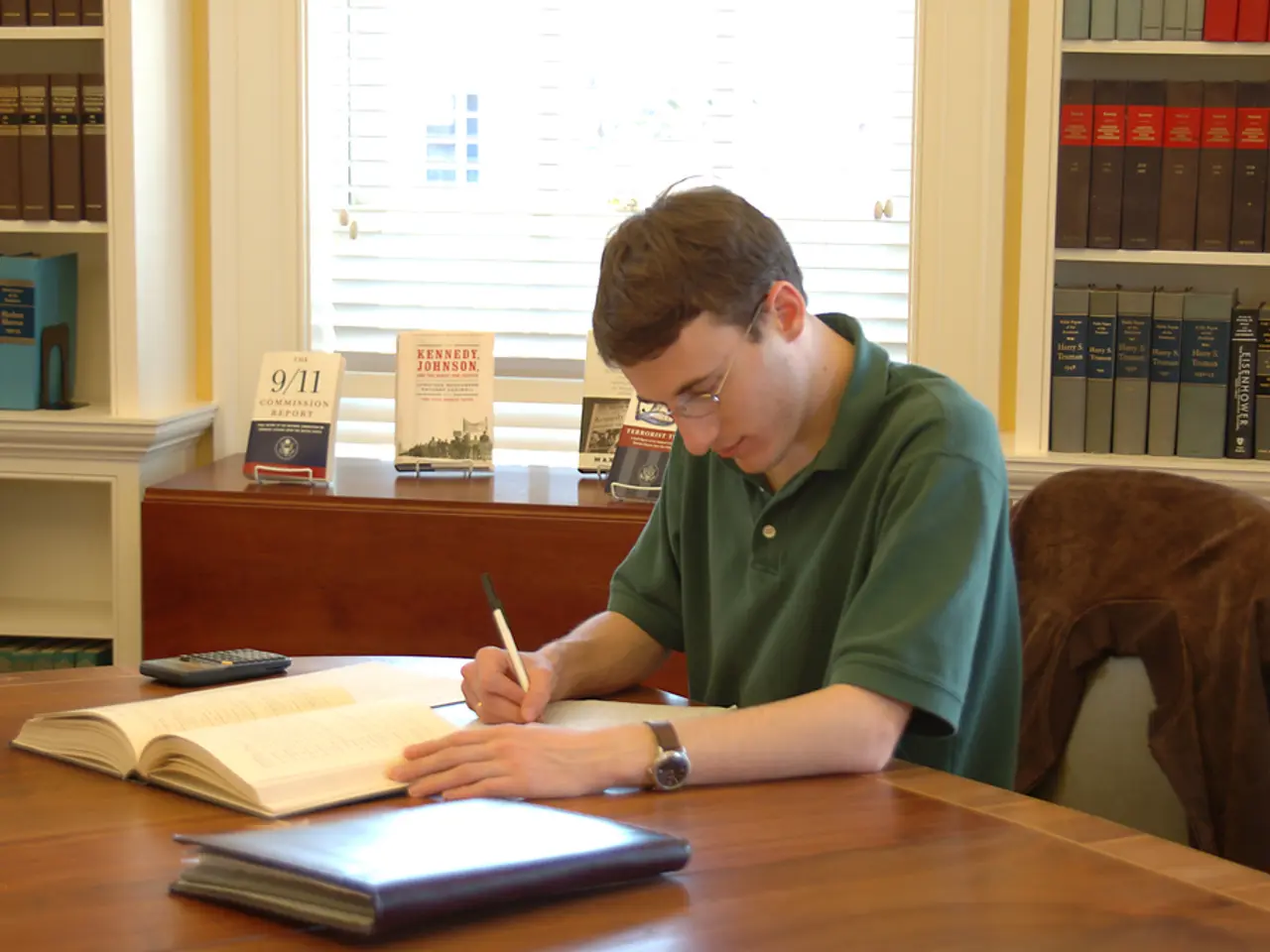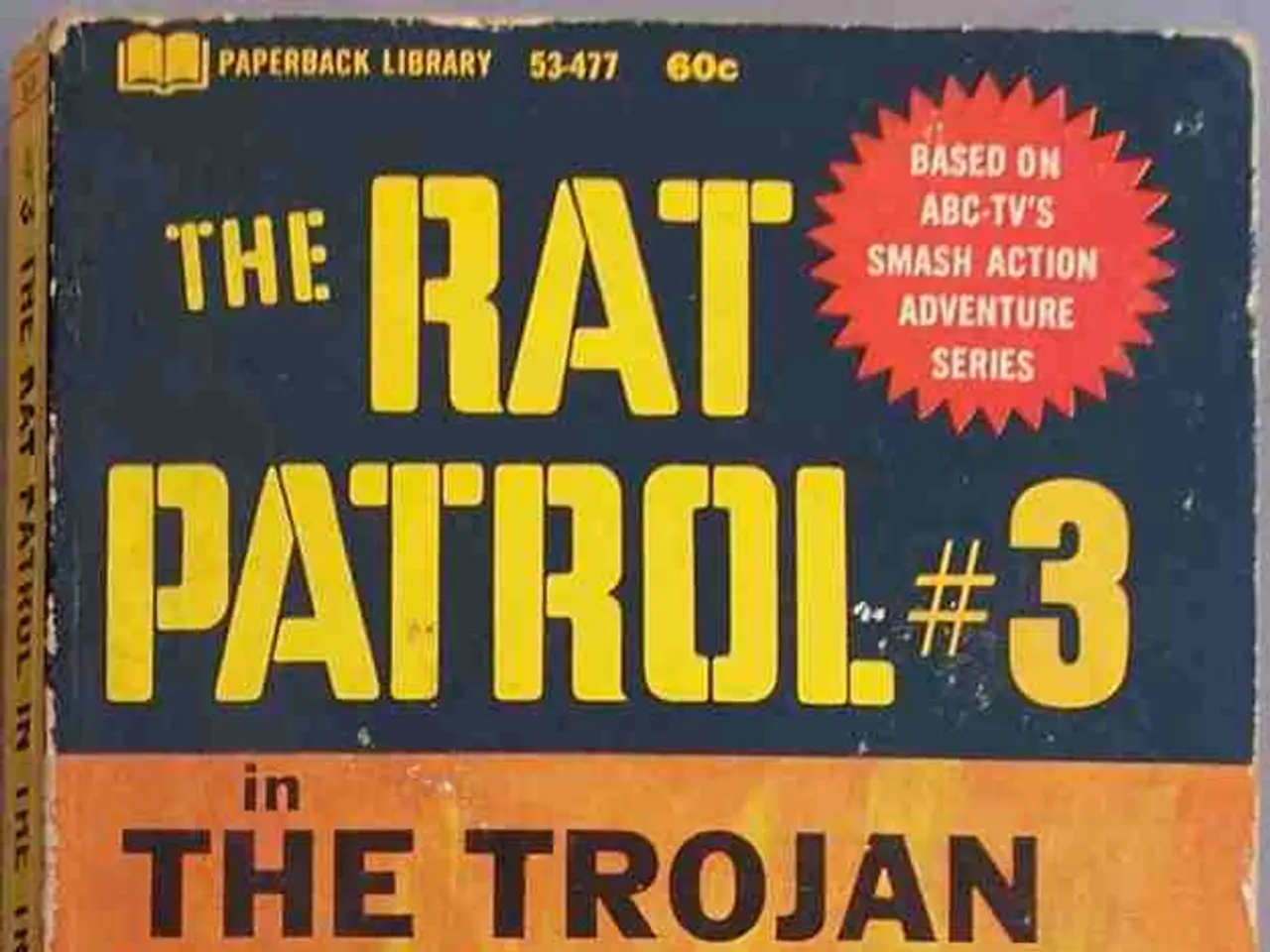Financial Guru William Eckhardt Explores Economic Realms
In the world of commodity trading, William Eckhardt stands out as a trailblazer, not only for his financial success but also for his academic contributions to the philosophy of science. Eckhardt, along with his partner Richard Dennis, is best known for the groundbreaking "Turtle Trading" experiment in the early 1980s.
The Turtle Trading experiment aimed to test whether successful trading could be taught to novices using a structured, rule-based system. Over a two-week period, Eckhardt and Dennis trained a group of individuals with no prior trading experience, imparting them with clear mechanical trading strategies centred on trend following, risk management, position sizing, and discipline. The success of these "Turtles" demonstrated that disciplined, systematic trading methods could overcome innate talent, revolutionising trend-following trading approaches in commodities and other markets [2][3].
Academically, Eckhardt has made significant contributions to the philosophy of science, particularly in the context of trading and decision-making under uncertainty. Although specific academic papers are not detailed in the provided sources, Eckhardt is highly esteemed for applying rigorous analytical and philosophical principles to trading strategy development. His intellectual approach emphasises the importance of testable hypotheses, empirical validation, and a scientific mindset within the financial markets, linking the philosophy of science with practical trading methodologies. This blend of rigorous science and practical trading has influenced how quantitative and systematic strategies are evaluated and refined.
Eckhardt's trading philosophy is reflected in his quotes such as, "What feels good is often the wrong thing to do," and "The desire to maximize the number of winning trades works against the trader." He also emphasises the importance of not being emotionally attached to large profits, stating that losses can strengthen a trader, while profits can weaken them. Conversely, he believes that "missing an important trade is a much more serious error than making a bad trade."
Eckhardt launched his own commodity trading advisor (CTA) in 1991, and it is estimated that his net worth is close to that of his partner Richard Dennis, who was worth over $200 million in the first decade of their career together. Over a period of more than 20 years, Eckhardt's CTA returned a compound annual return of 17.35%.
Eckhardt, however, warns against the assumption that prices will eventually return to "normal," which he identifies as a path to disaster. He left the University of Chicago in 1973, abandoning his nearly completed PhD in mathematical logic, to focus on researching profitable trading systems. Along with his high school friend Richard Dennis, he became a partner in C&D Commodities and created technical trading systems.
Eckhardt's achievements in commodity trading and his academic contributions related to the philosophy of science have solidified his legacy as a pioneer in both commodity trading and the intellectual underpinnings of systematic trading. His work continues to influence the field, offering a unique blend of practical trading success and a scientific approach to market theory.
The "Turtle Trading" experiment, led by William Eckhardt and Richard Dennis in the 1980s, aimed to teach structured, rule-based trading strategies to novices, demonstrating that systematic trading methods could overcome innate talent in fields like finance and business. Eckhardt's subsequent commodity trading advisor (CTA) returned impressive returns, further reinforcing his reputation as a trailblazer in the business world, not just in commodity trading, but also in the intellectual underpinnings of systematic trading, where he continues to make significant contributions with his unique blend of practical success and a scientific approach to market theory.




